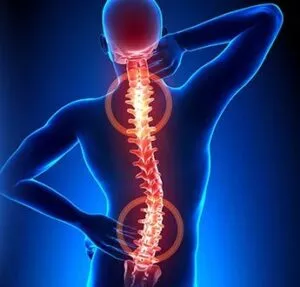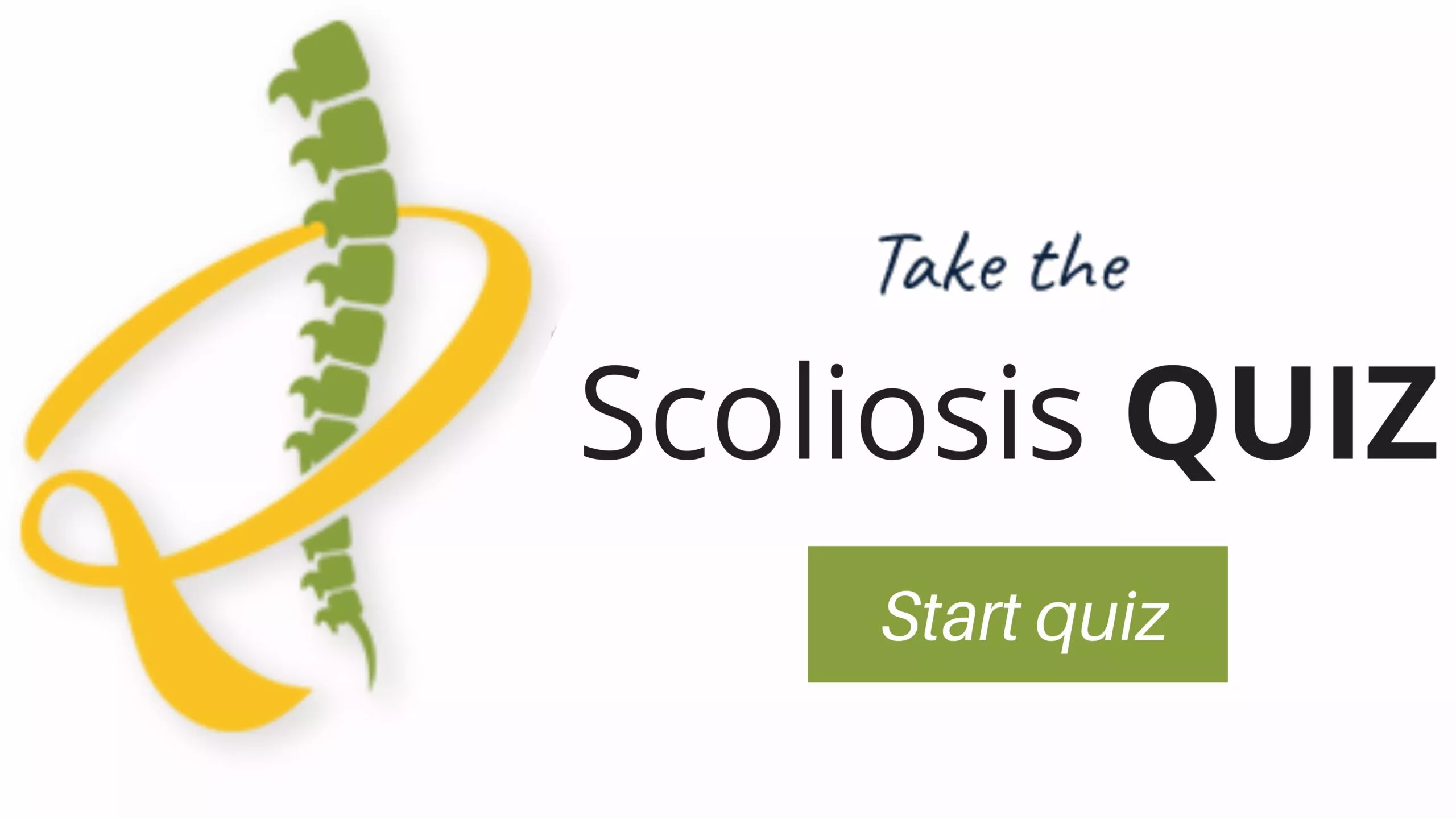
3 percent of individuals with progressive curvature may eventually experience severe problems that can include scoliosis and back pain, spinal problems, and nerve compression causing numbness, weakness, and leg pain.
Spine Surgeons
 Patients who need a Spine Surgeon should choose the Southwest Scoliosis and Spine Institute for their treatment for several reasons:
Patients who need a Spine Surgeon should choose the Southwest Scoliosis and Spine Institute for their treatment for several reasons:
Specialized Expertise
The Southwest Scoliosis and Spine Institute specializes in the diagnosis and treatment of various spine conditions, including spinal stenosis. The institute is staffed with highly skilled and experienced spine specialists, including spine surgeons and other healthcare professionals who have extensive knowledge and expertise in managing complex spine conditions. Their specialized training and experience ensure that patients receive the most accurate diagnosis and effective treatment options for their specific conditions.
Comprehensive Care
The institute offers comprehensive and patient-centered care for spinal stenosis. For example, this includes a multidisciplinary approach, where a team of experts collaborates to develop individualized treatment plans tailored to each patient’s unique needs. The team may include spine surgeons, physical therapists, pain management specialists, and other professionals who work together to address the various aspects of spinal stenosis, including pain management, functional restoration, and improving quality of life.
Advanced Treatment Options
The Southwest Scoliosis and Spine Institute is equipped with state-of-the-art technology and advanced treatment options for spinal stenosis. Interestingly, they stay updated with the latest advancements in minimally invasive techniques, such as decompression surgeries, which can effectively relieve pressure on the nerves while minimizing surgical invasiveness and promoting faster recovery. Also, the institute also offers non-surgical treatment options, including physical therapy, medication management, and lifestyle modifications, providing a comprehensive range of choices to address spinal stenosis.
Patient-Centered Approach
The institute prioritizes patient-centered care, ensuring that patients are actively involved in their treatment decisions. They emphasize open communication, providing patients with a thorough understanding of their condition, treatment options, and expected outcomes. The team at the Southwest Scoliosis and Spine Institute takes the time to address any concerns or questions patients may have, guiding them through every step of their treatment journey.
Track Record of Success
The Southwest Scoliosis and Spine Institute, with offices in Dallas, Plano, and Frisco, Texas, has a track record of successful outcomes in treating spinal stenosis. Besides their expertise, they utilize advanced technology and a patient-centered approach to find solutions for their patients. Thus, patient testimonials and success stories attest to the institute’s commitment to providing high-quality care for spinal stenosis. More importantly, choosing the Southwest Scoliosis and Spine Institute for spinal stenosis treatment ensures access to specialized expertise and comprehensive care. Furthermore, it provides advanced treatment options, a patient-centered approach, and a track record of successful outcomes. In conclusion, it is essential for patients to consult with their doctor about all aspects of their condition. Notably, the discussions should also determine the most suitable treatment path to stop the pain of spinal stenosis.
When it comes to the types of spine conditions and treatments, the list is pretty long. And if you are thinking about getting someone in your family the best treatment for spine conditions, you should always turn to board-certified, fellowship-trained physicians, spine surgeons like those at the Southwest Scoliosis and Spine Institute. They offer you advanced treatments and compassionate, personalized care.
Get the Correct Spine Care, the First Time
The Spine surgeons at the Southwest Scoliosis and Spine Institute treat many spine conditions and some of them are as follows:
- Ependymoma
- Hemangioblastoma
- Lipoma
- Neurofibroma
- Osteoporosis
- Schwannoma
- Sciatica
- Spina Bifida
- Spinal Cord Trauma,
- Spine Fractures, Spinal Tumors
- Disk problems
- Scoliosis
- Cervical Disc Herniation
- Cervical Spinal Stenosis
- Kyphosis Treatment
- Lumbar Disc Herniation
- Lumbar Spinal Stenosis
- Spondylolisthesis
- etc.
And these are only to name a few.
So that you and your family will get the best solution, our expert surgeons carefully develop the best treatment plan depending on the patient’s health and condition. Then they execute the treatment with flawless expertise. Since every patient is different, our specialists always take a personalized approach to focus on the very individualistic issues of each patient.
Our spine specialists always take time to speak with their patients about their treatment. It helps them formulate the most effective treatment plan for each patient. Their aim is to help each patient get better and make the recovery journey as comfortable and successful as possible.
Types of Spine Surgery
There are various spine surgeries including Minimally Invasive Spine Surgery, Open Surgery, and Spine Revision Surgery. Also, there is open surgery via anterior and posterior methods and tether procedures.
Minimally Invasive Spine Surgery
These days, spine surgeons are using the latest equipment and robotic technology to perform minimally invasive spine surgery. And we are seeing much faster recovery times. Minimally invasive techniques are suitable for micro discectomies, laminectomies, and complex procedures such as fusions.
This surgery is suitable to correct Herniated discs, Spinal stenosis, Some spinal deformities, Spinal instability, Spondylolysis (a defect in a part of lower vertebrae), Fractured vertebra, Removal of a tumor in the spine, Infection in the spine, etc.
Robotic surgery is a crucial part of this type of spine surgery. And it gives surgeons better control, flexibility, and precision than conventional techniques. It is especially advantageous in performing various complicated spine surgeries.
Experts successfully use Robotic systems in various spine procedures such as an Anesthetic block for nerve pain, Correction of spinal deformities, Minimally invasive anterior, lateral, and posterior fusion, Minimally invasive decompression, etc. It is effective in revision surgery after previous surgeries. Also, it treats spondylolisthesis, stenosis, spondylolysis, vertebral fractures, osteomyelitis, spinal fusion, tumor resection, etc. Vertebroplasty for compression fractures in the spine can also benefit from this method. However, sometimes, small incisions are not practical for some spine procedures, especially; when the surgeon has to make a big incision to expose the tissue and structures.
Open Surgery
In open surgery, the target area is opened with an incision that allows the surgeon to access and see the anatomy. Surgeons perform these traditional surgeries when more exposure to tissues and structures is necessary. Surgeons pull the muscles to the side to remove the damaged and diseased bone or intervertebral disks. Also, this allows the surgeon to see to place cages, screws, and any bone graft materials to stabilize the spinal bones and enhance recovery and healing.
Spine & Revision Surgery
Along with treating scoliosis, spine surgeons also address complex spinal conditions and revision surgeries. They treat patients who have had unsuccessful treatment and are still suffering. Spine surgeons have the knowledge and complex surgical expertise to correct an unsuccessful surgery.
Some conditions that need corrective revision surgery are Pseudarthrosis, Proximal Junction Kyphosis (PJK), Flatback, Kyphosis, Broken hardware, A new spine injury or deformity, Adjacent segment disease (ASD), Persistent pain and discomfort, etc.
Spine Conditions That Require Surgery
Surgery should generally be considered as the last resort for spine conditions, with conservative treatments explored first. Non-surgical approaches such as physical therapy, medication management, and lifestyle modifications are often effective in managing spine-related symptoms. Surgery is typically recommended when conservative treatments have failed to provide adequate relief or when there is a significant impact on daily functioning and quality of life. However, surgery can be a viable option for certain cases, especially when there is evidence of nerve compression, spinal instability, or progressive neurological deficits. It is important for patients to consult with a spine surgeon who can thoroughly evaluate their condition and discuss the potential risks and benefits of surgery, helping them make an informed decision about the best course of treatment.
The following are spine conditions that often require surgery:
Cervical Disc Herniation
While a herniated cervical disc can occur from injury or trauma, aging can cause even more cases. Since this disease occurs over time, patients often fail to notice the symptoms until the signs become severe. Also, this problem usually occurs between the ages of 30 and 50.
It mainly affects older adults since age causes tissues to become less effective. That is why the cervical discs crack and other injuries occur. Consequently, it increases the risk of herniation. Treatment options include physical therapy, medicines, or surgery. If the pain, numbness, or other symptoms stay for more than 6-12 weeks, or if there is a sign of severe spinal cord compression, spine surgeons may recommend surgery.
Cervical Spinal Stenosis
Cervical spinal stenosis generally occurs in older adults. And it can be considered the result of natural age-related reasons such as wear and tear, arthritis, etc. If nonsurgical treatments do not improve the symptoms or if they get worse, orthopedic doctors may recommend surgery.
To treat cervical spinal stenosis, surgeons opt for several surgical methods that relieve spinal cord pressure. The most common surgical procedures to treat this condition are Anterior Cervical Discectomy and Spinal Fusion, Decompressive laminectomy, Foraminotomy, etc.
Kyphosis
Kyphosis cervical disorder is a condition that develops a forward abnormal curve of the spine resulting in a round upper back. This spinal defect can occur at any age. However, it happens more often in young adults and frequently in older women.
Spine surgeons consider surgery only when it is necessary. They use the most advanced treatments so patients can return to a normal lifestyle asap. The beneficial operative treatments, in this case, are spinal fusion, Spinal osteotomy, etc.
Herniated Disc
While a herniated disc occurs in the lumbar (lower back) section, it can happen anywhere along the spine. Only a lower percentage of patients with this condition require surgery.
Surgical treatment includes Lumbar discectomy, Microdiscectomy, Lumbar laminectomy, etc. After a discectomy, a spinal fusion procedure can help the spine further stabilize. Dallas Spine surgeons use bone grafts, screws, rods, etc. to hold the vertebrae in place during the recovery phase.
Scoliosis
Scoliosis is a side-to-side curvature of the spine in the shape of C or S. This curve can cause deformity and symptoms like pain. The three primary goals of surgery are stopping the curve from progressing, preventing spinal deformity, and relieving the pain. Orthopedic doctors often recommend Tethering surgery to treat this condition, especially in children. It helps correct spinal curvature and maintain natural spine growth, mobility, and function. The surgery involves a minimally invasive approach to placing screws and tethers along the outer part of the spinal curvature. And As your child grows, the tether guides the vertebrae to develop and align into a straighter position.
Other spine conditions that spine surgeons can operate on are Lumbar Spinal Stenosis, Spondylolisthesis, and many more.
Recovery & Healing
Back surgery recovery time depends on the operative method, the severity of the spine condition, the pre-surgery fitness level, and also the age of the patient. Recovery after a discectomy usually takes six to eight weeks. However, recovery from laminectomy or fusion surgery takes longer. In these procedures, your body may take up to 12 weeks to fully recover. Sometimes, the healing can even continue for a year. For young individuals who had spinal fusion surgery, the body takes four to six weeks, and six to twelve weeks for older people.
Spine Clinic to Visit
In the Southwest Scoliosis and Spine Institute spine clinic, you will be assisted by some of the best spine surgeons, physician assistants, nurse practitioners, medical assistants, therapists, nurses, and administrative staff. Here, you will get:
- Personalized care – We always do advanced imaging based on the patient’s concerns. And thus, we ensure an accurate diagnosis every time. Then our doctors prepare an individualized treatment plan based on your requirements and goals.
- Team model care – Since we are a multidisciplinary group of experts, we can deliver comprehensive spine care. You get all the expertise in a single place focused on you. Here you get the best treatment plan approved by an entire team of spine specialists.
- Active Research Studies – Our doctors attend various research, studies, and societies. That is why we are able to offer the latest in spine care faster. We monitor patients’ progress and track their lifetime success. Also, we adjust our treatment plans for future success.
- Experience – With over a decade of experience, we have treated over 100,000 patients with complex spine pathology.
- Latest Equipment – We use an EOS X-ray machine with full-body low-dose radiation.
Conclusion
Our Dallas Spine surgeons never consider surgery the first option. We always start with conservative treatments and then, only if necessary, recommend surgery. After determining that we should go ahead with the surgery, our care coordinators will assist you in every step of the journey.
We’re here to help STOP THE PAIN
If you are an adult living with scoliosis or have a child with this condition and need a doctor who specializes in orthopedic surgery,
call the Southwest Scoliosis and Spine Institute at 214-556-0555 to make an appointment today.


